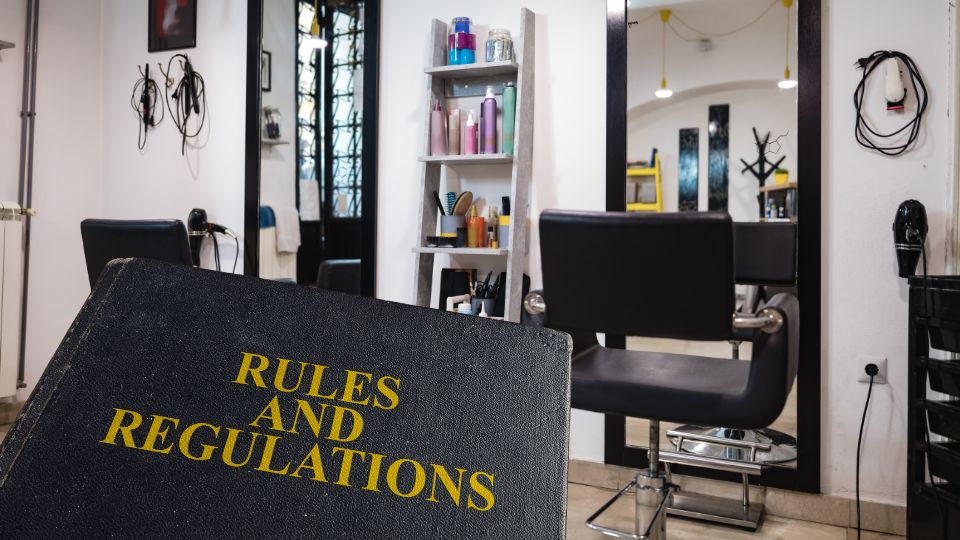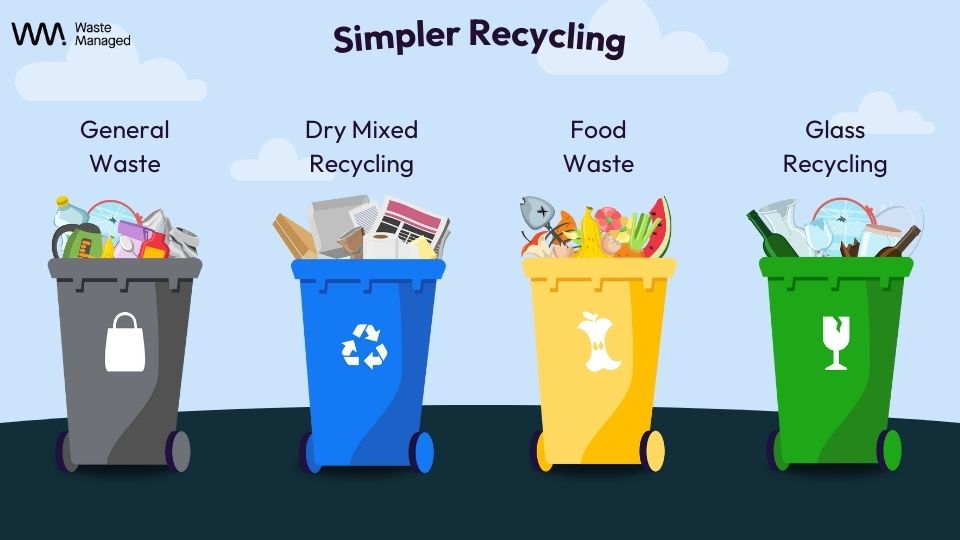
As a salon owner in the UK, you have a responsibility to manage waste effectively and comply with relevant legislation.
Proper waste management isn’t just about keeping your salon clean and tidy—it’s a legal requirement that protects the environment and public health.
This guide provides an overview of salon waste legislation in the UK, outlining your duties and offering practical steps to ensure compliance.
Table of Contents
Key Legislation for Salon Waste
The Environmental Protection Act 1990
The Environmental Protection Act 1990 is the primary legislation governing waste management in the UK. It sets out the ‘duty of care’ for businesses, requiring them to manage waste responsibly to avoid causing harm to the environment or human health.
Hazardous Waste Regulations 2005
The Hazardous Waste Regulations 2005 regulations apply to businesses that produce hazardous waste. Salons must classify, separate, and dispose of hazardous waste correctly to prevent contamination.
The Waste Electrical and Electronic Equipment Regulations (WEEE) 2013
The Waste Electrical and Electronic Equipment Regulations (WEEE) 2013 regulation deals with the disposal of electrical waste. Salons must ensure that old electrical equipment is disposed of properly and recycled if possible.
The Control of Substances Hazardous to Health Regulations (COSHH) 2002
The Control of Substances Hazardous to Health Regulations (COSHH) 2002 regulations require employers to control substances that could be harmful to workers’ health. For salons, this includes safely storing and disposing of chemicals.
The Waste (England and Wales) Regulations 2011
The Waste (England and Wales) Regulations 2011 regulations require businesses to apply the waste hierarchy—prioritising prevention, reuse, recycling, and other recovery methods before considering disposal.
Steps to Ensure Compliance
1 – Conduct a Waste Audit: Regularly review the types of waste your salon produces and how much. This will help you identify areas where you can reduce, reuse, or recycle more effectively.
2 – Classify Your Waste: Properly separate general, recyclable, hazardous, clinical, and electrical waste. This is crucial for compliant waste disposal and recycling.
3 – Work with Licensed Waste Carriers: Ensure that the waste disposal companies you work with are registered and licensed. You can check their registration with the Environment Agency.
4 – Keep Records: Maintain records of waste transfers and disposal. This includes Waste Transfer Notes (WTNs) for general waste and Hazardous Waste Consignment Notes (HWCNs) for hazardous waste. Keep these documents for at least two years for general waste and three years for hazardous waste.
5 – Train Your Staff: Ensure all employees understand their responsibilities regarding waste management. Provide training on correctly handling and disposing of different types of waste, including the use of protective equipment.
6 – Label Waste Containers: Clearly label bins and containers to avoid cross-contamination and ensure proper disposal. For hazardous waste, use the appropriate warning labels.
7 – Implement a Recycling Program: Work with your waste carrier to set up a recycling program for paper, plastics, metals, and glass. This reduces the amount of waste going to landfill and can save you money.
8 – Safely Store Chemicals: Store chemicals in a secure, ventilated area away from heat sources. Ensure containers are properly sealed and labelled, and regularly check for leaks or damage.
Penalties for Non-Compliance
Failing to comply with waste legislation can result in significant fines and even prosecution. Penalties vary depending on the severity of the breach, but they can include:
- Fines: Up to £5,000 for minor offences in a Magistrates’ Court, with unlimited fines possible in a Crown Court.
- Criminal Charges: Serious breaches, especially those resulting in environmental harm, can lead to criminal charges and imprisonment.
- Closure of Business: In extreme cases, persistent non-compliance can result in a closure order for your business.
Conclusion
Complying with salon waste legislation is not only a legal requirement but also a key aspect of running a responsible business.
By understanding your obligations, implementing effective waste management practices, and keeping up to date with the latest regulations, you can ensure your salon operates smoothly while minimising its environmental impact.
Managing waste effectively is not just good for the planet—it’s good for your business reputation and bottom line.








